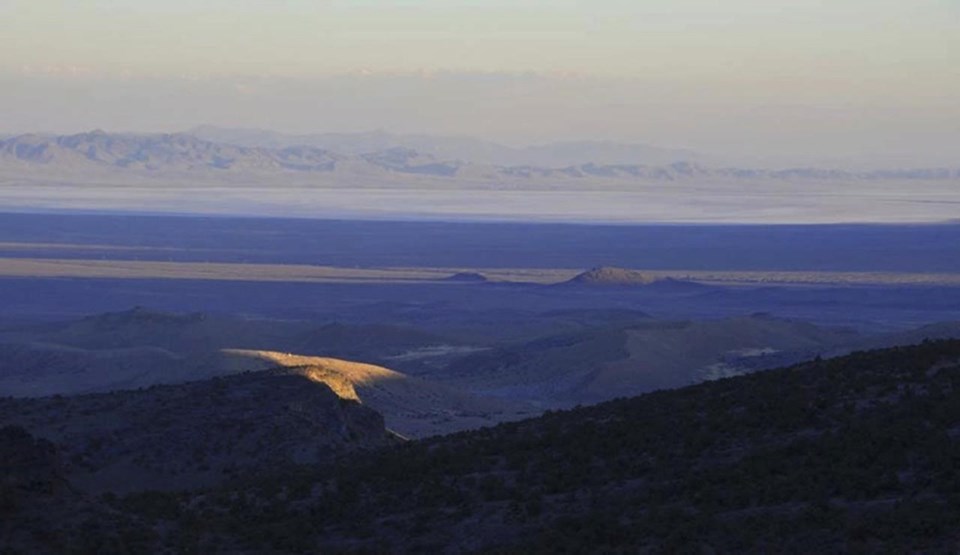SALT LAKE CITY (AP) — Environmentalists filed a lawsuit on Monday to prevent the construction of a new potash mine that they say would devastate a lake ecosystem in the drought-stricken western Utah desert.
The complaint against the Bureau of Land Management is the latest development in the battle over potash in Utah, which holds some of the United States' largest deposits of the mineral used by farmers to fertilize crops worldwide.
Potash, or potassium sulfate, is currently mined in regions including Carlsbad, New Mexico and at Utah's Bonneville Salt Flats, where the Bureau of Land Management also oversees a private company's potash mining operations.
The Southern Utah Wilderness Alliance argues in Monday's complaint that, in approving a potash mining operation at Sevier Lake — a shallow saltwater lake about halfway between Salt Lake City and Las Vegas — the Bureau of Land Management failed to consider alternatives that would cause fewer environmental impacts. They say the project could imperil the regional groundwater aquifer already plagued by competing demands from surrounding cities, farms and a nearby wildlife refuge.
“Industrial development of this magnitude will eliminate the wild and remote nature of Sevier Lake and the surrounding lands, significantly impair important habitat for migratory birds, and drastically affect important resource values including air quality, water quality and quantity and visual resources,” the group's attorneys write in the complaint.
The Bureau of Land Management's Utah office did not immediately respond to a request for comment.
The complaint comes months after Peak Minerals, the company developing the Sevier Lake mine, announced it had secured a $30 million loan from an unnamed investor. In a press release, leaders of the company and the private equity firm that owns it touted the project's ability “to support long-term domestic fertilizer availability and food security in North America in a product.”
Demand for domestic sources of potash has spiked since the start of the war in Ukraine as sanctions and supply chain issues disrupted exports from Russia and Belarus — two of the world's primary potash producers. As a fertilizer, potash lacks of some of climate change concerns of nitrogen- and phosphorous-based fertilizers, which require greenhouse gases to produce or can leach into water sources. As global supply has contracted and prices have surged, potash project backers from Brazil to Canada renewed pushes to expand or develop new mines.
That was also the case in Utah. Before the March announcement of $30 million in new funds, the Sevier Playa Potash project had been on hold due to a lack of investors. In 2020, after the Bureau of Land Management approved the project, the mining company developing it pulled out after failing to raise necessary capital.
Peak Minerals did not immediately respond to request for comment on the lawsuit.
In a wet year, Sevier Lake spans 195 square miles (506 square kilometers) in an undeveloped part of rural Utah and is part of the same prehistoric lakebed as the Great Salt Lake. The lake remains dry the majority of the time but fills several feet in wet years and serves as a stop-over for migratory birds.
The project is among many fronts in which federal agencies are fighting environmentalists over public lands and how to balance conservation concerns with efforts to boost domestic production of sought-after minerals for goods ranging from agriculture to batteries to semiconductors. The Southern Utah Wilderness Alliance opposed the project throughout the environmental review process, during which it argued the Bureau of Land Management did not consider splitting the lake by approving mining operations on its southern half and protecting a wetland on its northern end.
___
This story was first published on Aug. 1, 2023. It was updated on Aug. 2, 2023 to correct that the U.S. does not consider potash a critical mineral. The U.S. took potash off its critical minerals list in 2022.
Sam Metz, The Associated Press




